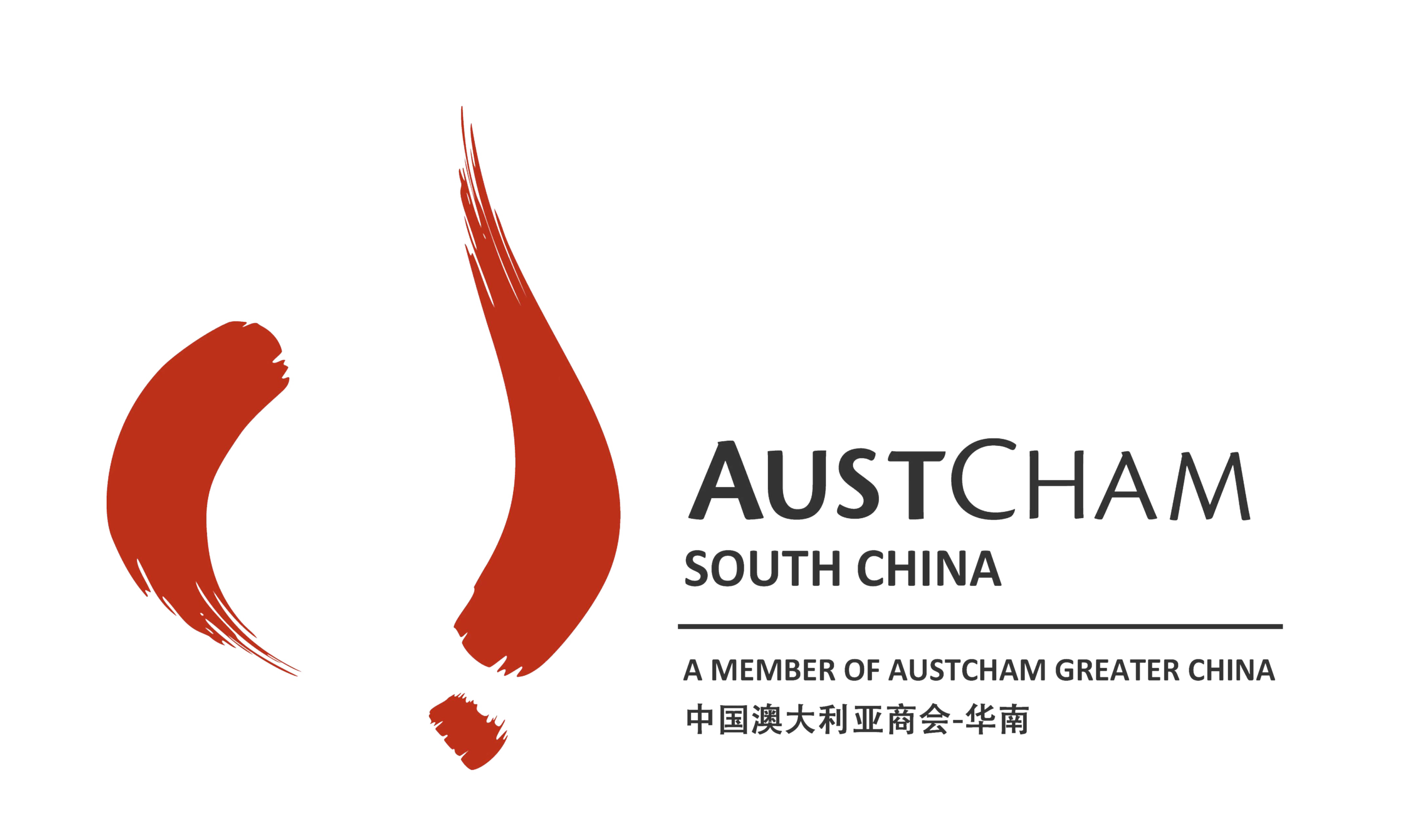About AustCham South China
The China Australia Chamber of Commerce–South China (AustCham South China) was established in 1994 to develop, promote and expand business relations between Australia and China through the representation of its membership. As a registered NGO office in the People’s Republic of China, AustCham South China serves as Australia’s peak industry body in South China and supports its members by providing information, connections, business services and government relations assistance. For a China wide presence, AustCham South China works closely with its sister Chambers in Beijing, Shanghai, Bohai, West China and Hong Kong & Macau, under the AustCham Greater China banner.
As a non-profit organization, AustCham South China exists to serve its membership by connecting Australian and Chinese businesses in the region through promoting trade & investment between Australia and China. The chamber regularly hosts events for the Australian business network in South China in areas such as networking, education and government relations. In addition, through AustCham’s digital communications and media partners, AustCham members are able to elevate their brand presence through our network.
AustCham South China is governed by a board of directors, with representation of Austrade and the Australian Consulate General serving as ex-officio members. The secretariat is based in Guangzhou and represents its members across South China.


